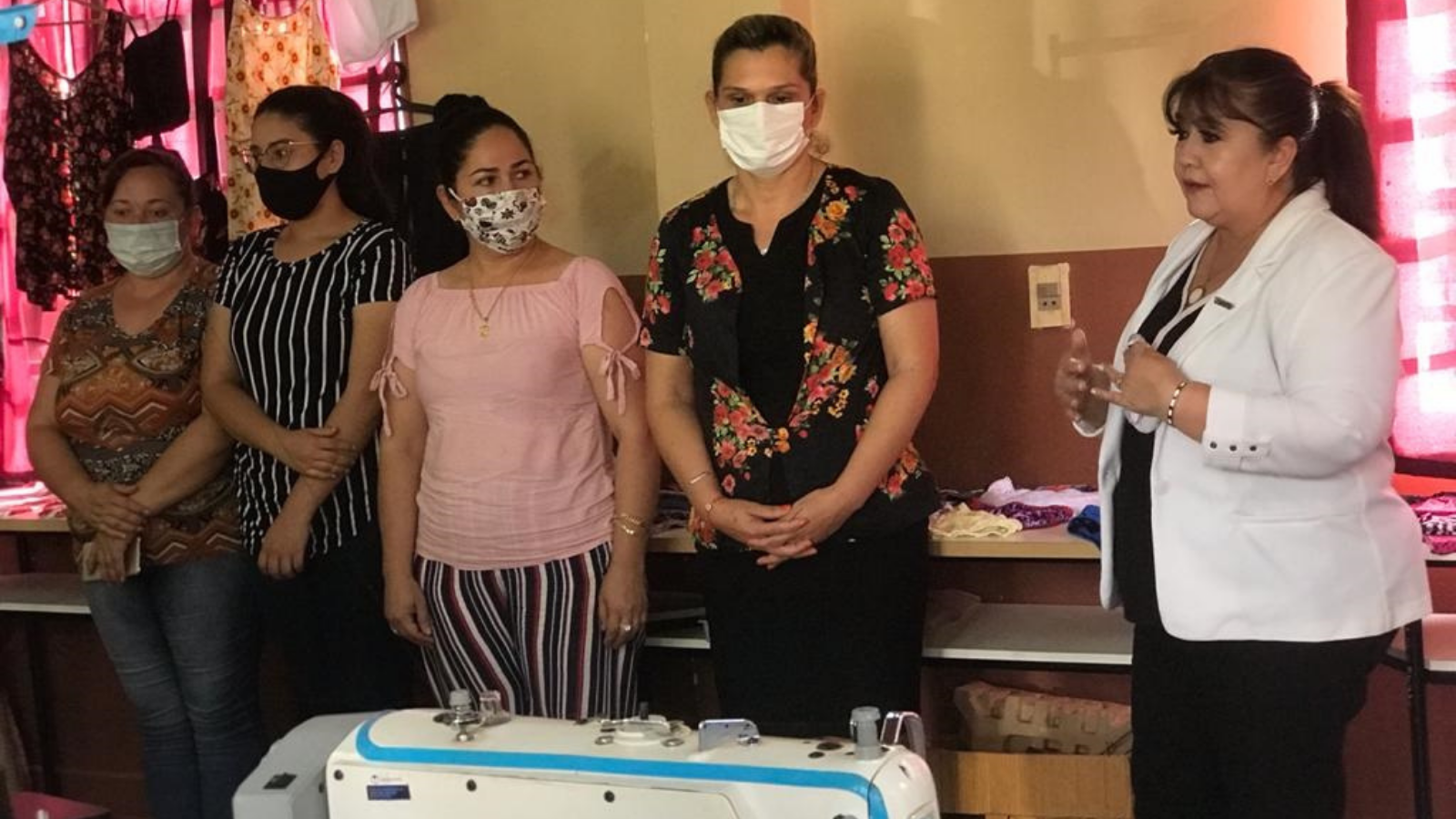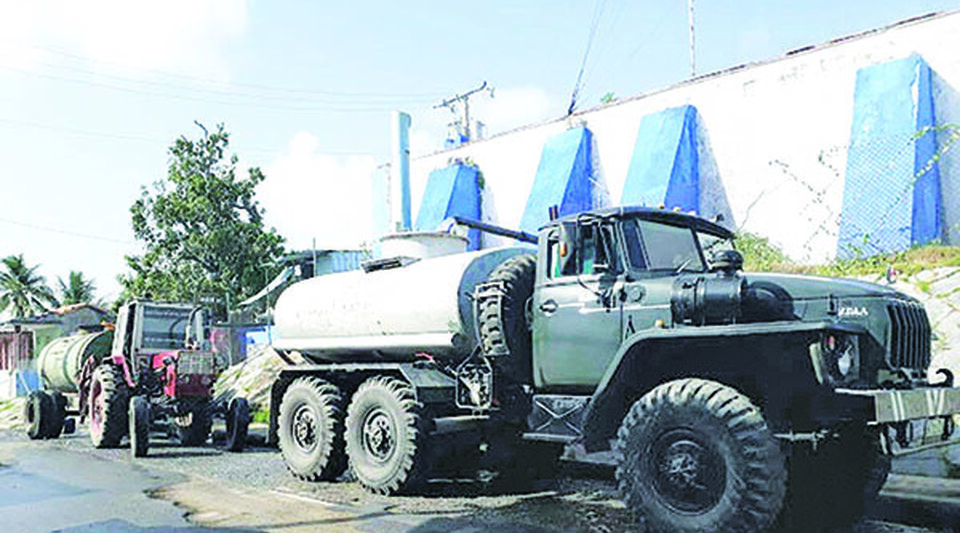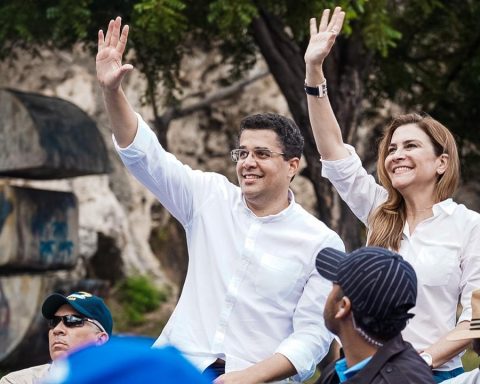The courses with the highest demand were; languages, administration and management, civil and road construction, industrial safety, occupational health, agriculture, electricity and electronics, transportation and logistics, as well as motor mechanics.
The head of the SNPP pointed out that, during the pandemic, they had to make several changes in the teaching modality.
MORE COURSES
In alliances with private companies, the SNPP offers courses for the “first job”. Under this modality, some 3,844 people were trained during the current year. In other words, they train the new employees of various firms.
Some of the training they provide in this sector are; mechanical workshop, where the SNPP instructors are going to train the new employees in the same work position of the firm.
They also develop the program called “social labor inclusion”, through which 998 people who were recently reinserted into society. Members of native peoples and people with disabilities were also trained.
The SNPP also trained a total of 6,163 small producers.
AUTARCHY
Since 2016, the SNPP and the National System for Labor Education and Training (Sinafocal) have come under the Ministry of Labor. Since then, its authorities have been working to recover autarchy (self-sufficiency). “In the Senate there was no debate on that point. It was left in suspense that from one moment to another it will happen, ”said the interviewee when asked about the point.
The SNPP has an annual budget of G. 126,000 million (US$ 18 million). Until a few months ago, it had G. 176,000 million (US$ 26 million).
But they were cut to be redirected to the Ministry of Labor so that it can be allocated to MSMEs that are highly affected by the economic crisis caused by the pandemic.
This cut does not affect training. They have an annual cost of G. 36,000 million (US$ 5.3 million).
“We are going to try to recover what was lost to fully comply with what is stipulated within the principles and purposes of the SNPP,” Merlo said.
The cut money was mainly used for the maintenance of buildings, spare parts, purchase of instruments and even construction.
“I urge citizens to use the courses. They are valued and generate immediate labor reinsertion. Also, they are free. Take advantage of the good that the State offers”, she concluded.

















